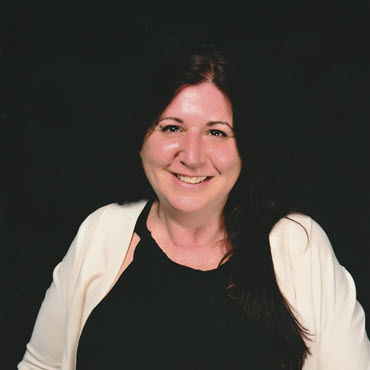
When we have the opportunity to do repeat work on a brand we know well, it is exciting to bring our previous knowledge to bear on new projects. However, sometimes, despite frantic juggling, rearranging and trying to warp the space-time continuum, there are times when schedules simply don’t align and we have to give a client news they don’t want to hear: Their favorite moderator is not available to facilitate their project.
You might be surprised to know that it can be just as hard for the moderator to say they can’t make it work as it is for clients to hear moderators say it. But when I set aside my disappointment in these situations, I can see a number of silver linings.
A Fresh Set of Eyes
A new moderator with a fresh perspective may offer a prime opportunity to relieve potential bias and create space for unexpected findings. As moderators, we try very hard to stay impartial, but we’re only human. When you’ve conducted many studies for the same disease state for the same client, it can be challenging to keep bias at bay.
Two Heads Are Better Than One
Of course, no one wants to lose out on the ability to build new insights upon the old—but that just offers a great opportunity to collaborate. Escalent’s dedicated team of moderators often work together to support our clients, allowing us to layer in creative thinking from a new team member working together with a moderator who has extensive expertise in the space. This is particularly helpful for studies where clients want to dig deeper into previously explored territory. A “new-to-you” moderator can help you see new patterns, while your favorite moderator can ensure that old insights aren’t rehashed. Remember: Your favorite moderator may not be available to conduct the interviews, but that doesn’t mean he or she can’t be involved in the analysis to ensure that only truly novel insights are brought to the team.
Adding Facets to Your Current Perspective
Bringing in a moderator who has experience outside of the category can allow clients the opportunity to consider new perspectives. While a “new-to-you” moderator, of course, needs to have the background and knowledge to “talk the talk” of the industry, having experience in other categories can bring a fresh outlook. Sometimes it is easier to see the parallels (like a moderator who specializes in pharmaceuticals working in the OTC or health insurer space) than others. But it helps to keep in mind that at the very core, all respondents we speak to are consumers who make decisions based on underlying attitudes and perceptions—whether they are doctors and patients in the health and pharmaceutical space, advisors in the financial space or IT decision-makers in the tech space. Taking a break from the “norm” allows moderators to broaden their knowledge base, and can also help preempt moderator burn-out (this is especially relevant in the pharmaceutical space, which can have very emotional interactions).
Opportunity for New Approaches
Every moderator has their own style and own way of tackling questions—and while you might be very comfortable with the way your favorite moderator does things, working with a new moderator offers the chance to see and hear things differently. The temporary absence of your favorite moderator can allow the introduction of new approaches—whether it is a new technique or simply a new way of asking an old question. Any good moderator (and I am sure your favorite moderator is a good one) is happy to incorporate things that work into your next study.
Taking the Leap with a New Moderator
There can be a lot of value in considering a new moderator, and the qualitative team at Escalent has several ways to help clients become comfortable with a new team member.
- Pilot interviews are a great opportunity to build confidence with a new moderator. Often, we’ll have your favorite moderator conduct initial interviews while the “new-to-you” moderator observes and gets up to speed—and then we can switch off. This allows the new team member an opportunity to get feedback from both the client and the legacy moderator familiar with the previous research.
- Working as a team through both interviews and analysis with two moderators offers clients a way to ease into the transition and reap the benefits of collaboration.
- Having the new moderator conduct the interviews and team up with the legacy moderator during setup and analysis can ensure that no continuity is “lost” in the transition.
By ensuring that our clients become comfortable with moderators who are new to them, we hope that we can offer multiple trusted moderators to help serve our clients’ research needs.
Escalent’s moderators are the best in the business. We have expertise across multiple industries to transform the research we conduct into compelling stories and insights that shine light on what’s possible. What’s big. And what’s next. Sound good? Send us a note.









